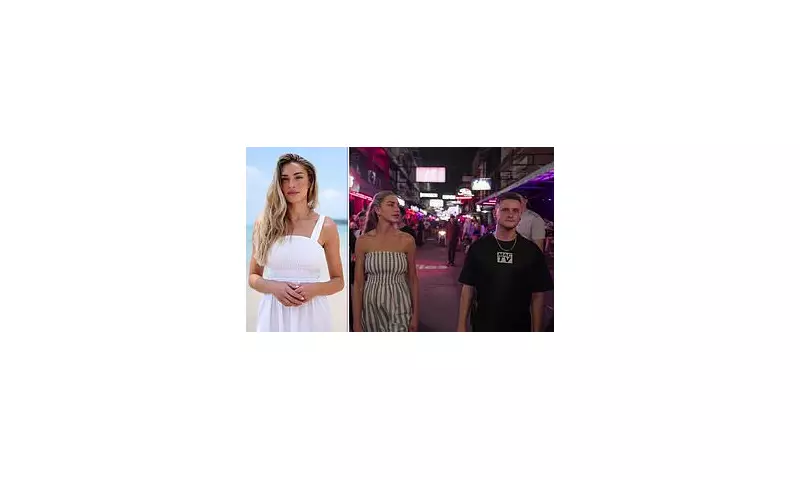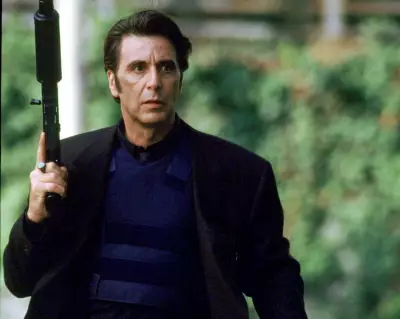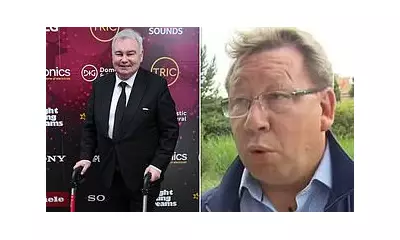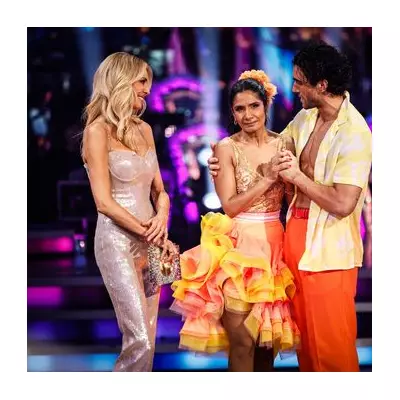
Reality television personality Zara McDermott finds herself at the centre of a brewing media storm following serious allegations made against the BBC's documentary-making practices. The controversy erupted after a prominent British YouTuber living in Thailand published a damning video response, accusing the national broadcaster of manipulative editing and sensationalising her words.
YouTuber's Explosive Claims Against BBC
The content creator, who has built a significant following documenting her life in Thailand, claims her participation in McDermott's BBC documentary was presented in a misleading manner. In a meticulously detailed video response, she alleges that the production team constructed a narrative through creative editing that dramatically altered the context and meaning of her statements.
The Documentary That Sparked Outrage
McDermott's documentary, which initially aimed to explore certain aspects of life in Thailand, has instead generated significant backlash across social media platforms. Viewers and supporters of the YouTuber have flooded comment sections with criticism directed at both the BBC and McDermott, accusing them of unethical journalism and misrepresentation.
Social Media Erupts in Support of Content Creator
Online communities have rallied behind the YouTuber, with many praising her courage in speaking out against what they perceive as mainstream media manipulation. The incident has sparked broader conversations about documentary ethics, the responsibility of broadcasters, and the power dynamics between traditional media and independent content creators.
BBC Yet to Respond to Editing Allegations
As the controversy continues to gain traction online, the BBC has remained silent regarding the specific editing allegations. The broadcaster's response, or lack thereof, is being closely watched by media observers and the public alike, as the claims strike at the heart of the corporation's reputation for journalistic integrity.
This incident represents another challenge for the BBC's documentary department and raises questions about the evolving relationship between traditional broadcast media and the new generation of digital content creators who are increasingly holding powerful institutions to account.





